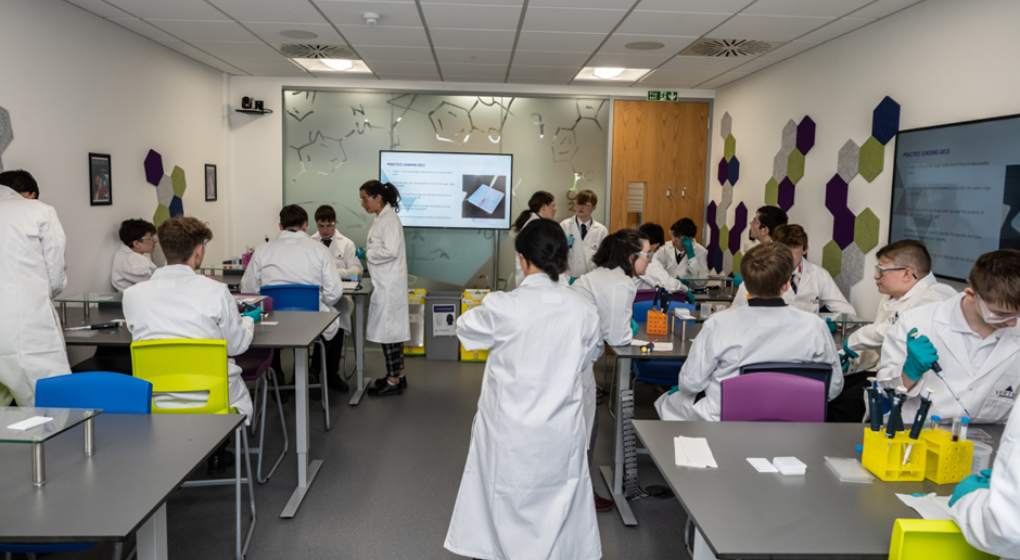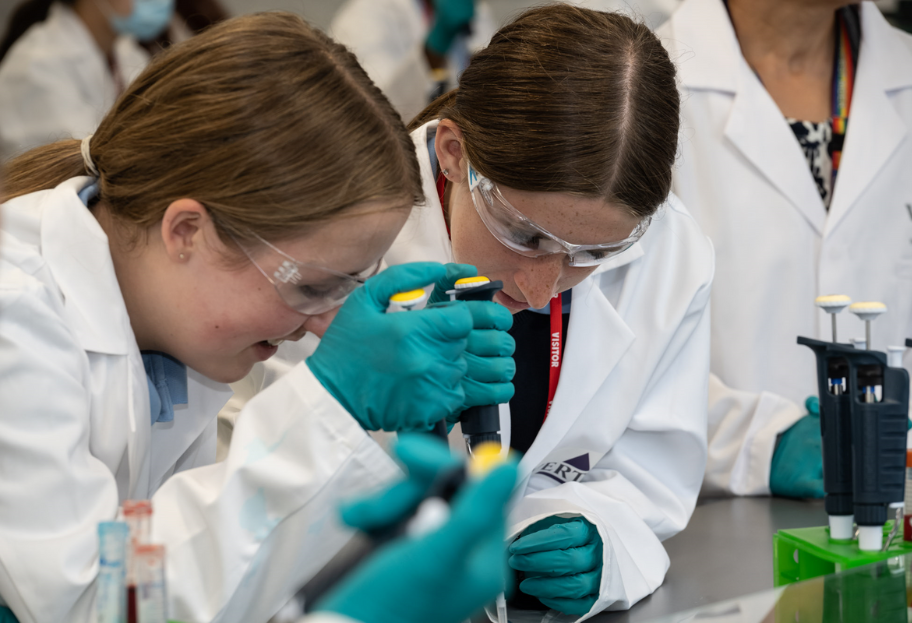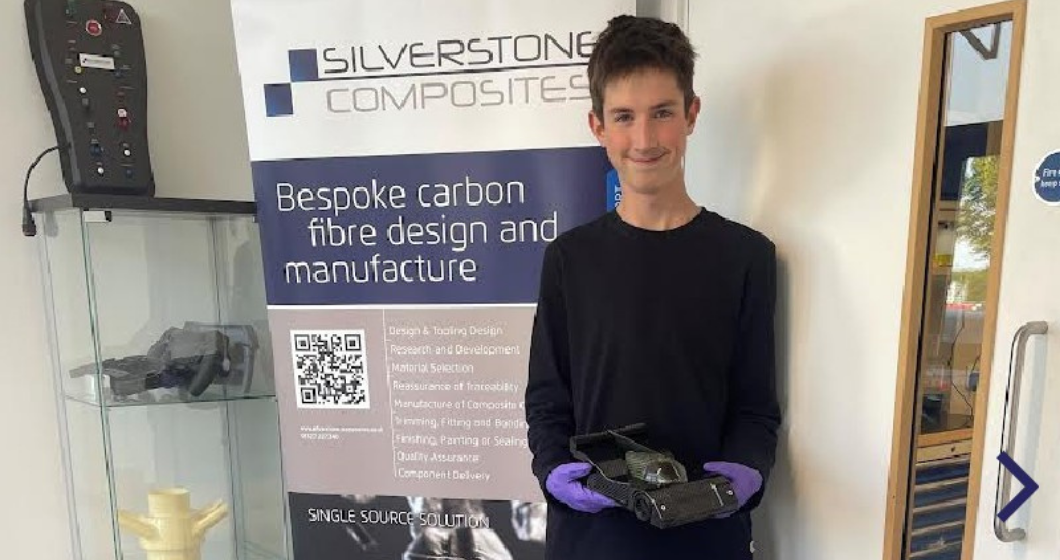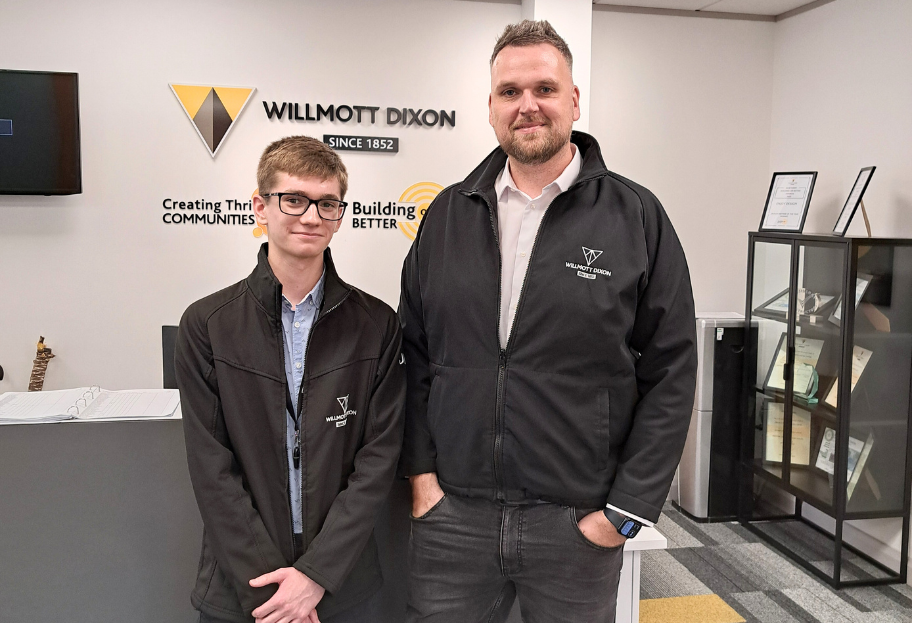In each project, the emphasis reflected local needs and the nature of the business park occupants. At Milton Park, the focus was on careers in science, technology, engineering, arts and mathematics (STEAM); the Leeds programme attracted young women to a venue populated significantly by white collar organisations, such as professional service firms; the Silverstone initiative featured careers in high-tech and engineering companies.
Both the programmes we designed followed consultations to establish the needs of MPEC, the business park occupants and participating schools.
All three projects are generating the maximum number of meaningful encounters possible between participating students and employers, as this approach is proven to deliver maximised benefits, such as raising young people’s aspirations and motivation to learn. In the Silverstone programme, over 6,500 such contacts took place in year one, for example.
The programmes began in September 2022 and are running for multiple years. Each is engaging the same partner schools throughout, so strong partnerships are created and maintained between them and participating businesses.
That Milton Park project had, by July 2023, involved almost 1,000 pupils from two secondary schools in nearby Didcot – one for boys, the other the only all-girls comprehensive in Oxfordshire.
Almost 50 pupils from four secondary schools participated in the Leeds project during year one, after priority was given to learning providers that served disadvantaged areas, supported a high number of students in-school during the Covid-19 pandemic or had pupils who found accessing learning from home difficult.
At Silverstone, nearly 850 students from four local secondary schools were involved in the first year. These institutions were selected because they had long-standing relationships with the business park and priority was again given to those serving disadvantaged areas.
Many participating schools across the three projects had higher than national average percentages of young people for whom English was an additional language, were receiving support for special educational needs and disabilities or were triggering the government’s Pupil Premium, as they were officially classed as disadvantaged, for example.
Business park occupants who’ve participated in the programmes include transport operator First Bus, automotive engineering company Cosworth, the National College of Motorsport, construction company Wates, lawyers Ward Hadaway and Shulmans, NHS Digital, HMRC, and the government departments responsible for transport and justice.




